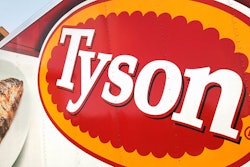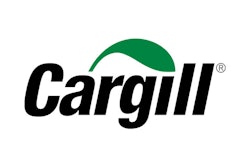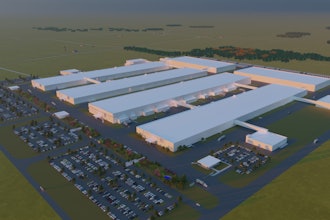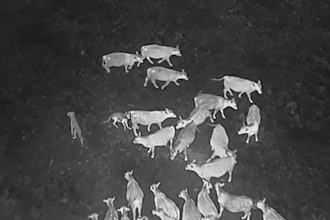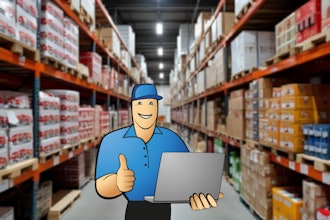CINCINNATI, Jan. 26, 2018 (PRNewswire) — The Kroger Co. announced today the successful startup of a new wastewater treatment system — an anaerobic digester —a t K.B. Specialty Foods, a manufacturing plant owned and operated by the company in Greensburg, Indiana.
"Kroger recently announced its Zero Hunger | Zero Waste initiative, an exciting plan to end hunger in the communities we call home and eliminate waste in our company by 2025," said Erin Sharp, Kroger's group vice president of manufacturing. "With 33 of our 36 plants already reaching the Zero Waste manufacturing goals we established several years ago, these facilities have pioneered the way for us to achieve our moonshoot vision."
K.B. Specialty Foods, which employs 270 associates and produces deli salads, cake icing and refrigerated side dishes, has been a Zero Waste facility since 2014, diverting more than 90 percent of waste produced from landfills each year, and is now home to the company's second anaerobic digester.
The new $9.5 million anaerobic digester, which replaced a conventional wastewater treatment system, features a dome that captures biogas from food byproducts at the plant and converts it into energy through anaerobic digestion while also improving air quality.
"We invested in the digester because it improves our sustainability performance, supports better air quality and provides a cost savings to the company," Ms. Sharp explained. "Once the digester is operating at its optimal level, we project it will have the capability to produce nearly 30 percent of the plant's electricity."
Kroger's first anaerobic digester, which converts organic materials into renewable biogas, was installed in 2013 at the Ralphs-Food 4 Less distribution center in Compton, California.
"One of the four drivers of our company's Restock Kroger plan is to Live Our Purpose through social impact," Ms. Sharp added. "Our associates remain committed to reducing our impact on the environment by using natural resources responsibly and minimizing waste throughout our operations to help us achieve our Zero Waste goals."




